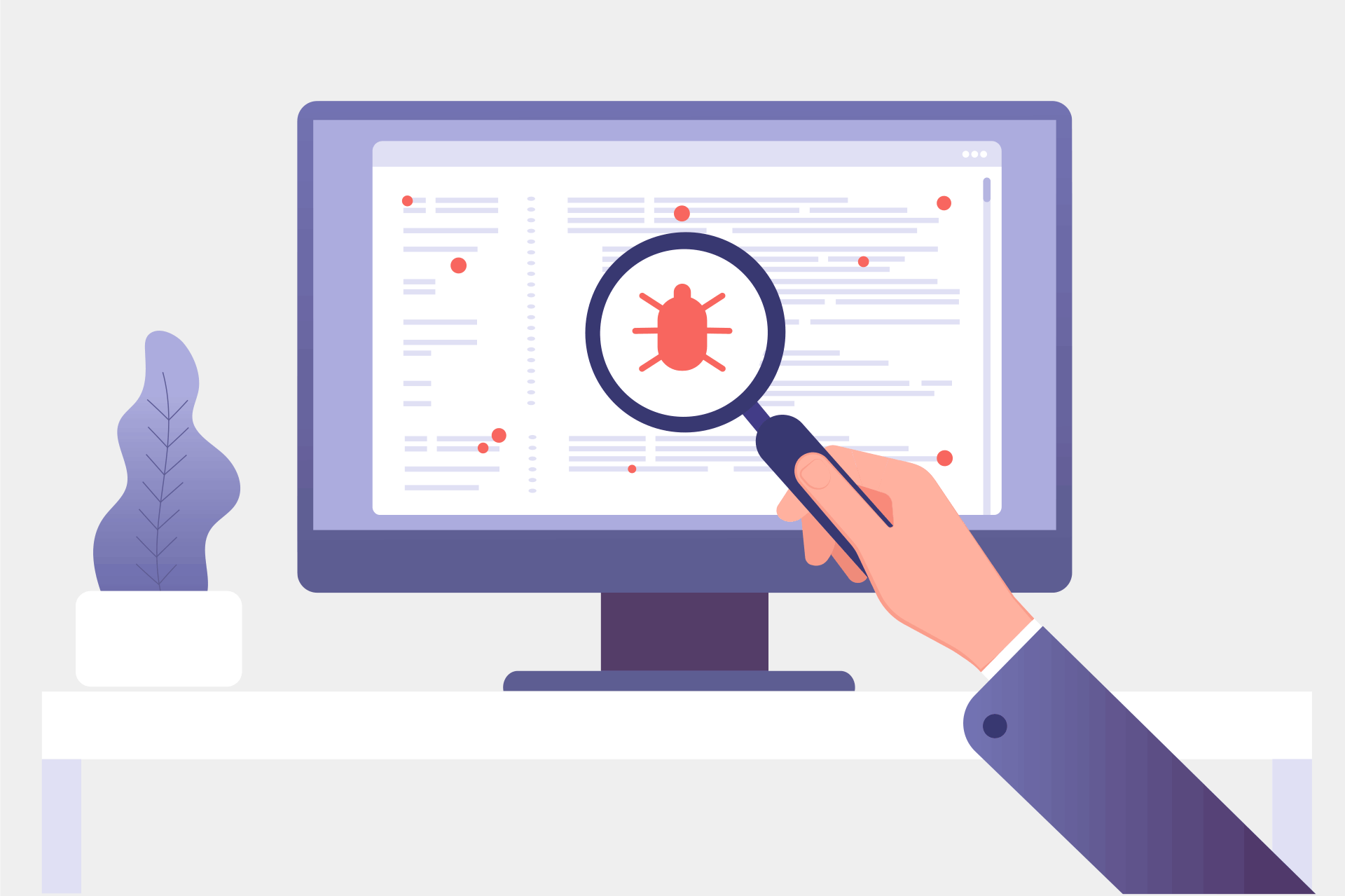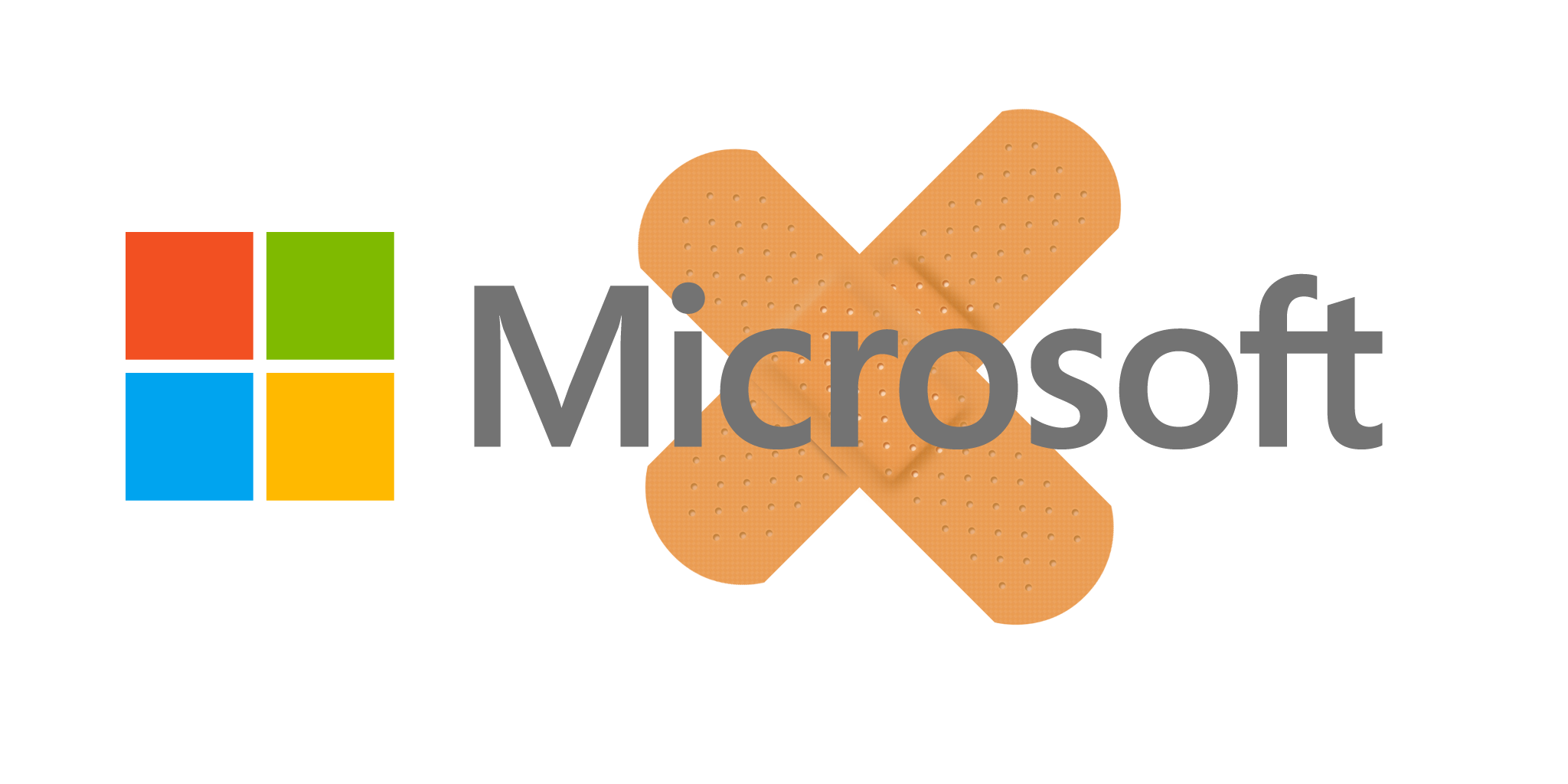Microsoft Vulnerability: Unpatched Domain Controllers Remain Vulnerable
With most businesses operating with a hybrid onsite & remote workforce, new vulnerabilities are putting critical data and systems at risk. Harbor...
3 min read
.jpeg) Michael Markulec
:
Apr 30, 2021 9:30:29 AM
Michael Markulec
:
Apr 30, 2021 9:30:29 AM

Vulnerability scanning and penetration testing are two very different ways to test your system for any vulnerabilities. Despite this, they are often confused as the same service, which leads to business owners purchasing one service when they need the other.
A vulnerability scan is an automated, high-level test that looks for and reports potential vulnerabilities in your system. On the other hand, a penetration test is a detailed hands-on examination by a cybersecurity professional that tries to detect and exploit weaknesses in your system. Now, let’s look a little deeper at the two services.
What is a Vulnerability Scan?
Vulnerability scans can also be known as vulnerability assessments and are a scan performed by cybersecurity professionals that assess your systems, networks, and computers for any cybersecurity weaknesses or vulnerabilities.
Once they have been set up, vulnerability scans are typically automated and are used to give a beginning look at any weaknesses in your system that could be exploited. High-quality vulnerability scans can search for over 50,000 vulnerabilities.
Vulnerability scans can be started manually or can be run on a regularly scheduled basis. In addition, vulnerability scans can take anywhere from a few minutes to several hours.
Vulnerability scans are a passive approach to cybersecurity and only report on any vulnerabilities that are detected. It is then up to the business owner to arrange to take care of those vulnerabilities.
Benefits of a Vulnerability Scan
Vulnerability scans have several advantages that make them a valuable tool for businesses.Limitations of a Vulnerability Scan
However, vulnerability scans do have some limitations that might make them inappropriate for a businesses’ requirements.What is a Penetration Test?
Penetration testing, also known as ethical hacking, is when a cybersecurity professional simulates a hacker attempting to get into your system through a hands-on attempt to exploit any vulnerabilities in your system. Penetration testers will search for vulnerabilities and then try to prove that the vulnerability can be exploited. Penetration testing makes use of testing methods like buffer overflow, password cracking, and SQL injection in an attempt to compromise and extract data from your network in a way that doesn’t damage it.
Penetration tests are an extremely detailed and practical approach to finding any vulnerabilities in your applications and networks. Penetration testing is the best method for determining the actual security state of your applications. And, if you modify your systems and software over time, a regular penetration test is a great way to ensure continued security.
The central aspect that differentiates penetration testing from vulnerability scanning is the live human element. There is no such thing as an automated penetration test. All penetration tests are conducted by very experienced, very technical cybersecurity professionals.
Benefits of a Penetration Test
Penetration tests have several advantages that make them the first choice for many businesses.Limitations of a Penetration Test
Despite their thoroughness, penetration tests do have some limitations to be aware of.Which is Better? A Vulnerability Scan Or A Penetration Test?
Vulnerability scans are a quick and easy way to gain insight into your network security with weekly, monthly, or quarterly scans. However, penetration tests are far more thorough and deeply examine your network security. They are also far more expensive. But, you are getting a cybersecurity professional to explore every part of your business in the same way a real-world attacker would.
Companies should utilize both tests to protect their networks and ensure security. As the more affordable option, vulnerability scanning is a tool that can easily be automated and used more frequently. In comparison, the more expensive penetration tests are comprehensive and can be used less frequently. Effective cybersecurity is vital for businesses, regardless of size.
For further advice on vulnerability scans and penetration testing or to arrange a test for your network, contact Harbor Technology Group.

With most businesses operating with a hybrid onsite & remote workforce, new vulnerabilities are putting critical data and systems at risk. Harbor...

Ransomware attacks continue to be serious threats, but the audacity, sophistication, and reach of the recent spate of attacks have moved from...

As ransomware attacks escalate, small businesses face mounting anxiety over cybersecurity vulnerabilities that could threaten their survival.